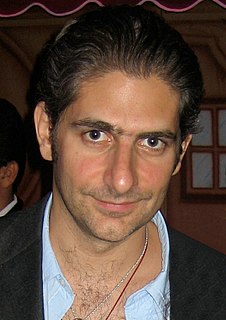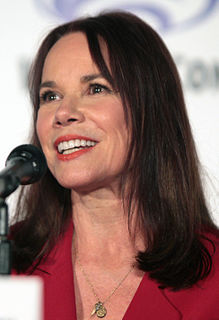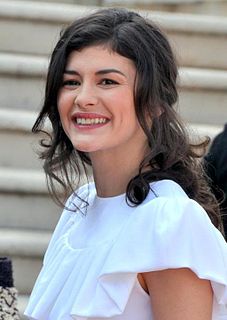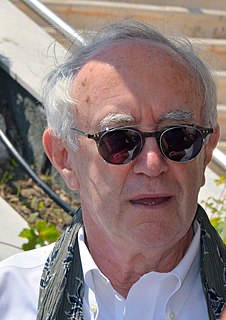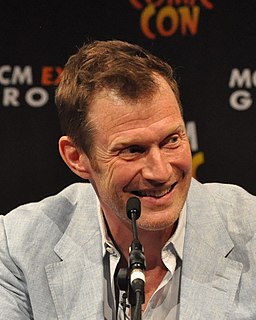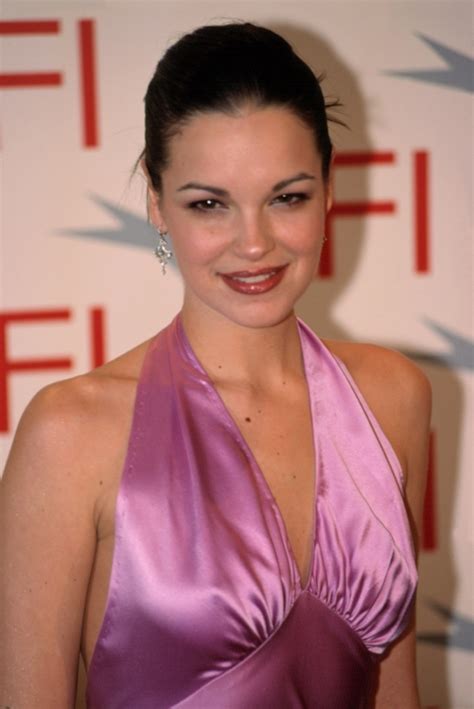A Quote by Christopher Walken
There's not a lot of talking between actors - either between actors or between actors and directors. People think that they sit in rooms and talk about psychology and motivations. I don't think that happens much.
Related Quotes
Between New York and L.A., and all of us who are actors, I feel like we're just one big, cast repertory company, all running back and forth between the coasts and between different shows. There is a wealth of great character actors, who show up, here and there, on different shows. I love the fact that we're allowed to do that.
I certainly don't feel there's a distinction to be made between a television and a film actor. I think there's a distinction between great actors and not so great actors. But I really think if you watch a person working in television give a wonderful performance, that person is f - ing great, because there is no time.
I like to think in camera, but at the last minute the most important thing is that there is something happening between the actors. But good actors can have a lot of scenes going around them but sometimes it sort of helps the performance because it takes their mind off of who they are supposed to be.
Your actors need to trust you as a director, but normally, I think you just need to have an open communication between the actors and the director. I think the director needs to really paint his or her vision to the cast and let them know the kind of mood that he or she is making. I think that's very important.



